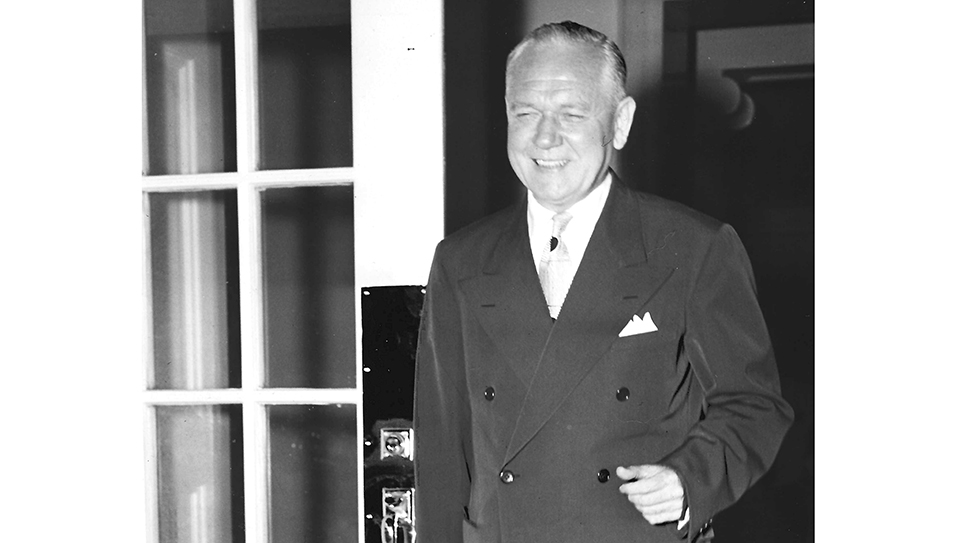Are Hospitals Racist With Kidney Transplants?
By Dr. Harold A. Black
blackh@knoxfocus.com
haroldblackphd.com
As was the case with my recent posting on the Supreme Court, I once again tread into an area of scant expertise – kidney disease. In the Biden administration’s continuing war on “white privilege” the Department of Health and Human Services has announced a plan to prioritize low-income patients for kidney transplants. This is intended, says HHS Secretary Xavier Bacerra, to root out “racial inequities” in the “transplant process.” The proposal which is to be effective January 2025 (provided the Democrats keep the presidency) is a confusing one to someone not versed in regulatory minutia.
I quote from The Washington Free Beacon: “The proposal … would place 90 of the nation’s 257 transplant hospitals into a pilot program that uses an annual point system to grade participants. Under the system, a successful kidney transplant counts as one point. A transplant furnished to a low-income patient, however, counts as 1.2 points thanks to a ‘health equity performance adjustment,’ thus incentivizing the hospitals to prioritize such patients.
“At the end of each year, those points are applied to a transplant quota. Hospitals that meet their quota receive as much as $8,000 per transplant; those that don’t may have to pay up to $2,000 per transplant.”
On the surface this looks like low-income patients go to the front of the line when getting transplants or, more cynically, hospitals are encouraged to fill up their surgery schedules with low-income patients and completely bypass higher-income patients. This, of course, assumes that there is a waiting list for surgeries that provide an excess demand at the hospitals. This would also assume that hospitals are bypassing low-income patients in order to perform surgeries first on higher-income patients.
Does this mean that the hospitals are racists engaging in “racial inequities” in the “transplant process”? The research shows that blacks have a 2-3 times greater incidence of kidney failure than whites but have a lower likelihood of receiving a kidney transplant. Is this due to the racist policies of hospitals? Well the research shows that there is no racial difference in receiving a deceased donor transplant. The difference is that blacks are less likely to receive a living donor transplant. In 2020, 64 percent of the living donor transplants were on white patients while 11 percent were on black patients and 16 percent on Hispanics. Not surprisingly over 95 percent of all living donor transplants come from close relatives. According to the research filed by Lainie Friedman Ross and J. Richard Thistlethwaite, the “under-representation of Black living donors may be due to greater health co-morbidities within the Black community, including obesity, hypertension, and diabetes, making fewer Blacks eligible to be living donors such that candidates may be less likely to find medically acceptable living donors within their social networks.” Does this sound like racism on the part of the hospitals?
Therefore, I wonder how the HHS proposal will affect these numbers. Since there is no difference in receiving a deceased donor kidney, does the proposal aim to incentivize hospitals to find more black living donors? A modest proposal would then be for the Biden Administration to offer monetary incentives directly to black family members to donate a kidney to their kinfolk. Thus, perhaps a payment of say $10,000 to a low income donor might erase the difference between black and white donors. I don’t see how providing incentives and disincentives to the hospitals will accomplish HHS’s goals of “rooting out racial inequities.” But certainly a direct payment to donors might help. The monetary incentives would only go to those who are a match for a living donor. However, the HHS proposal to score low income transplants higher than other transplants would encourage hospital to engage in organ harvesting to acquire more kidneys to transplant into black patients.
Note that the algorithm once widely used to determine whether a patient went on the transplant list was found to understate the severity of kidney disease amongst blacks. That algorithm was changed in 2022 to more accurately reflect the extent of kidney disease for black patients. This means that the real magnitude of kidney disease has been understated for blacks and the waiting lists for black transplant patients will grow. This further points to the necessity of finding more black living donors. If anyone at HHS is listening, please initiate a pilot program to offer monetary incentives to the family members of transplant patients. In order to make it sound race-neutral, the incentives can be scaled according to income.






